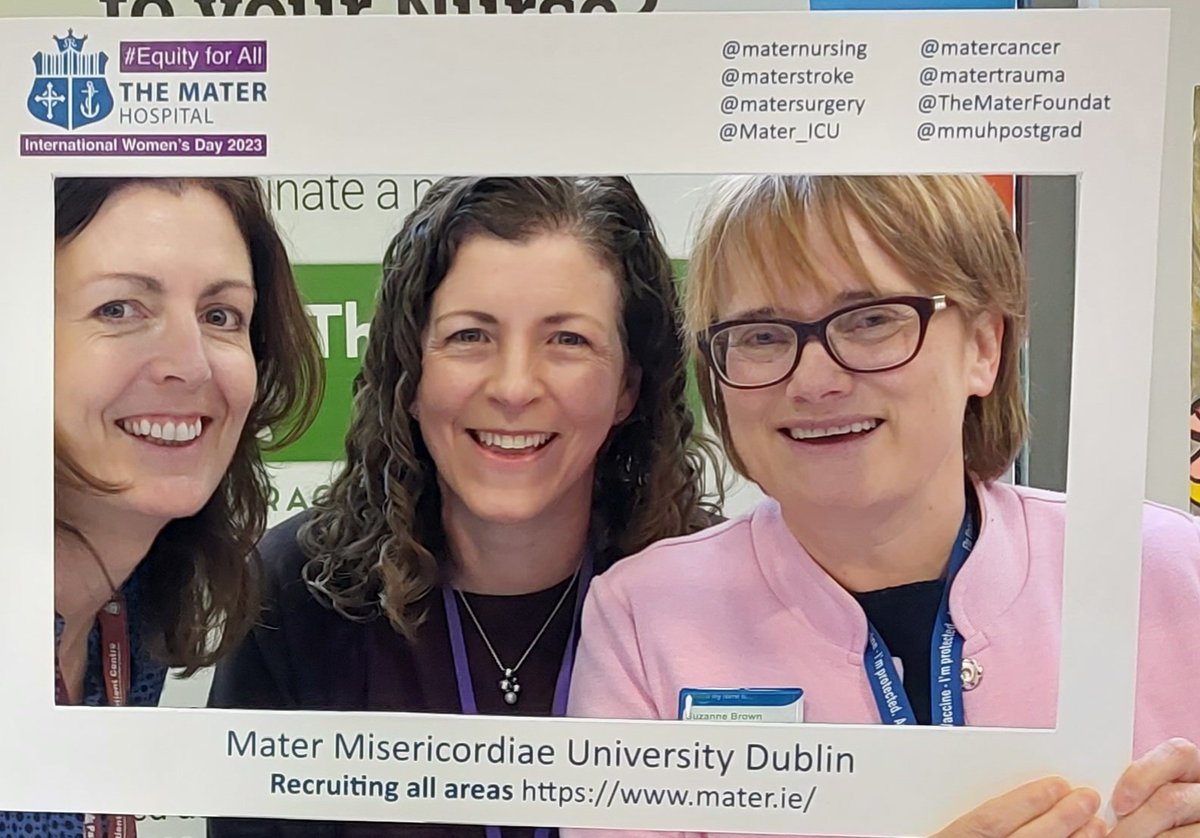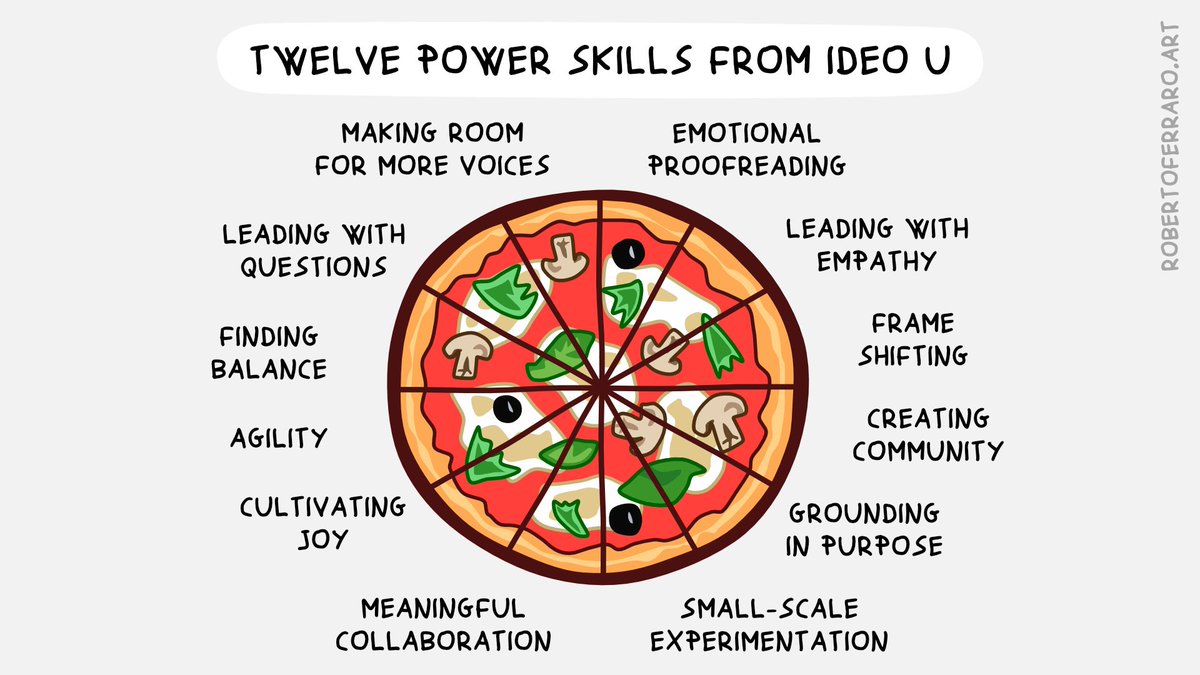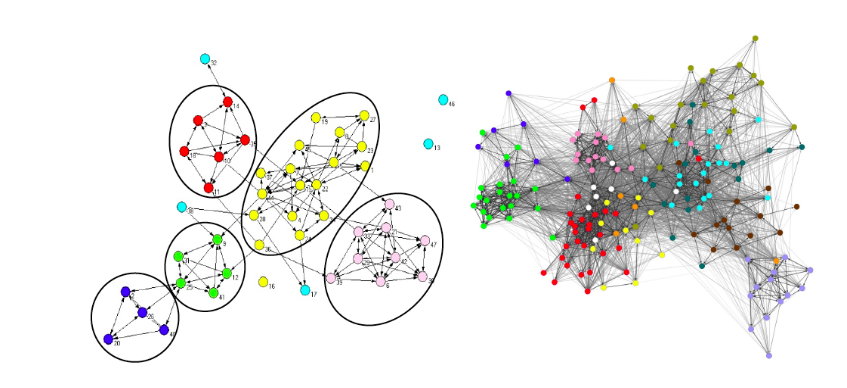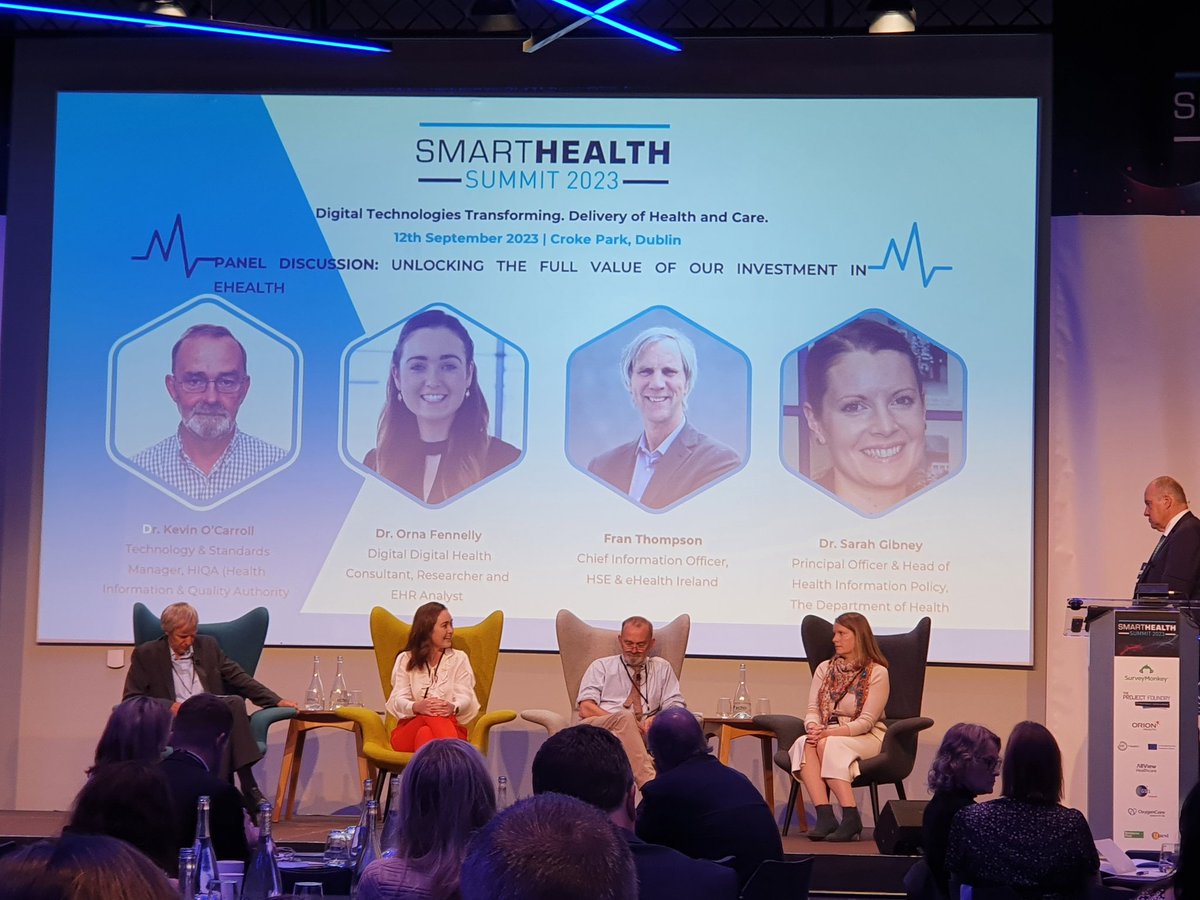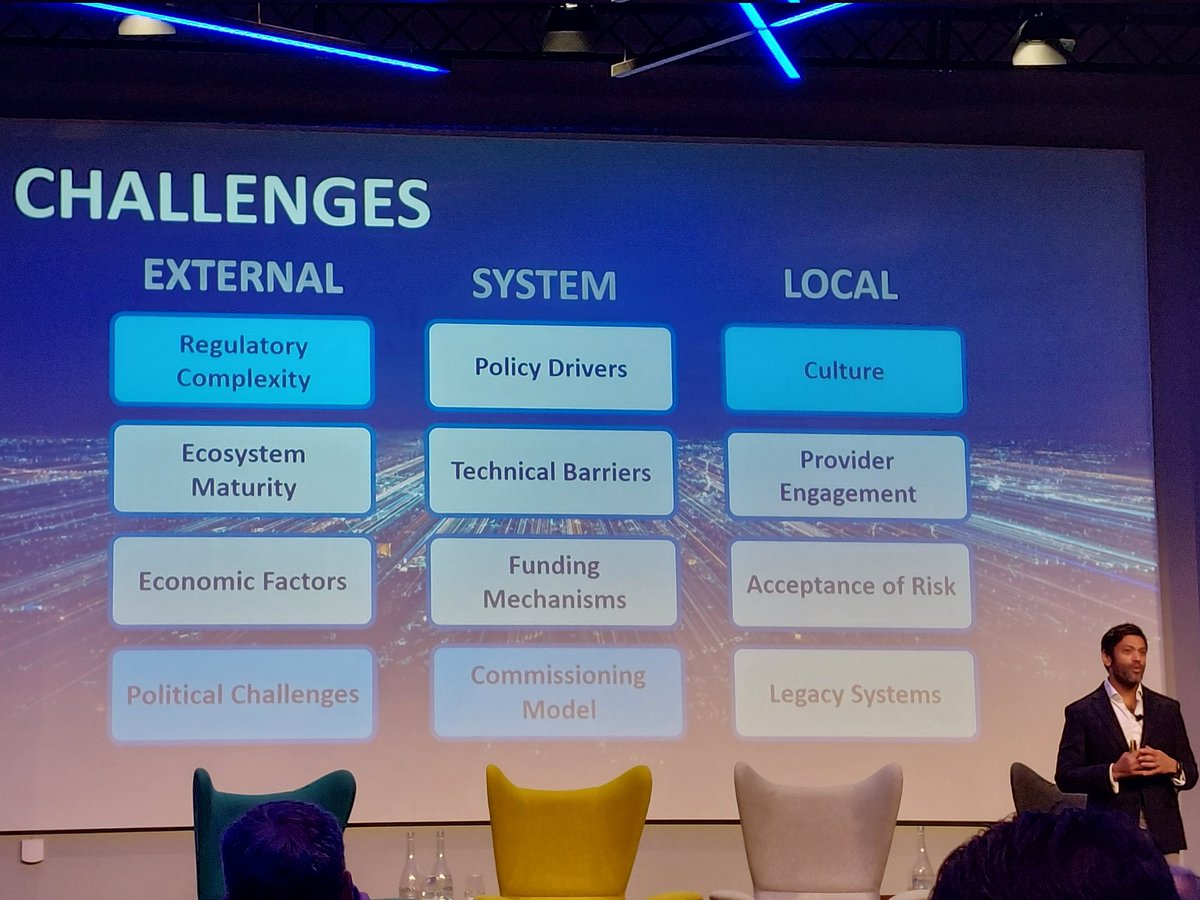
Miriam Roche
@mrochew
EHR Programme Manager. Passions include #innovation #healthcare #QI #transformation #ChangeManagement #EHR and #DigitalHealth. Views my own.
ID: 2159347435
27-10-2013 17:58:39
1,1K Tweet
1,1K Followers
2,2K Following

6 Practices to Prevent Ransomware as outlined by Puneet Kukreja CISO @eHealthIreland #tekhealth
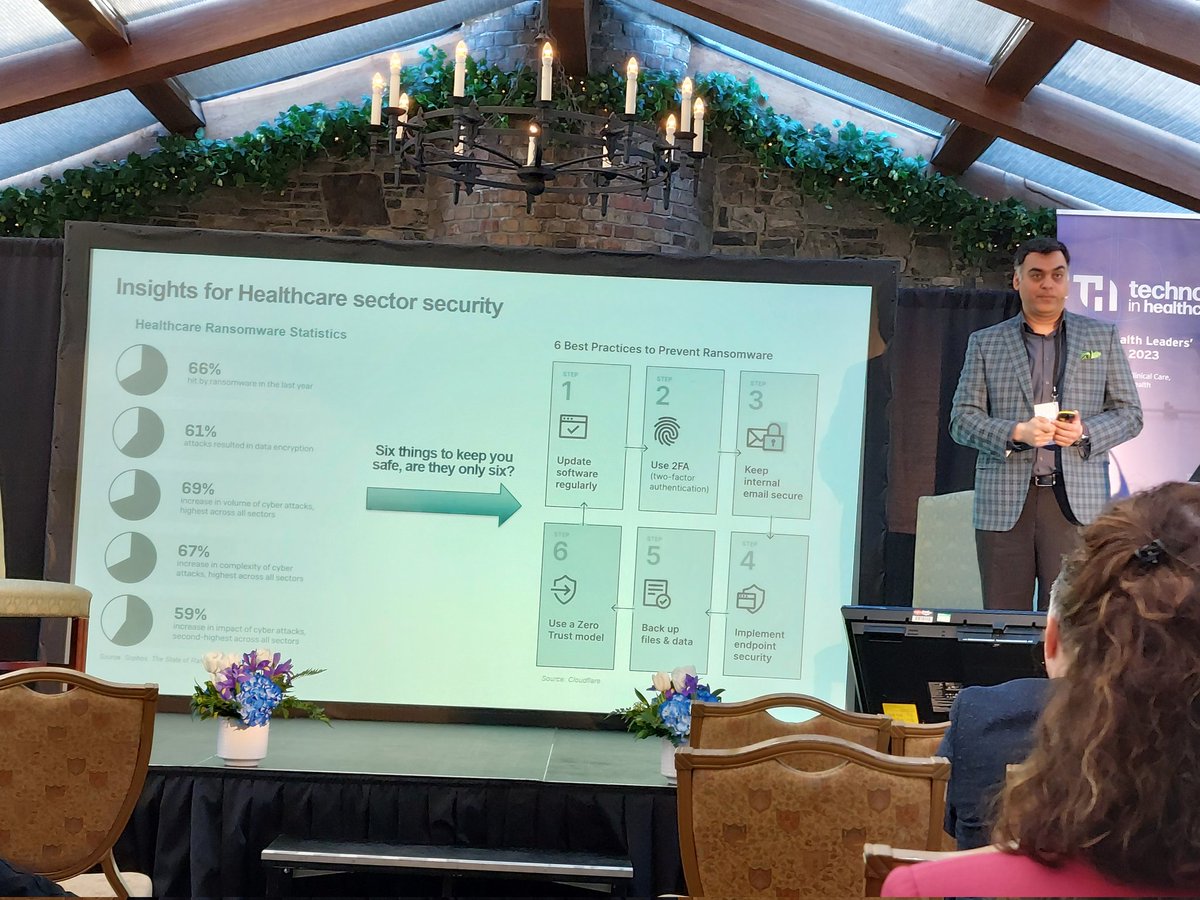



See Draft Digital Health Competency Standards and Requirements for Undergraduate Nursing and midwifery Education Programmes Aislinn Gannon Mary O'Kelly @moboconnors HSE Dublin South, Kildare & West Wicklow @eHealthIreland Miriam Roche @HSE_DA Leanne Madigan Loretto Grogan Nursing and Midwifery Board of Ireland Lorraine Bishop link below ⬇️


Huge Congrats to Neil O'Hare and so richly deserved 👏

Well done to Gráinne Gleeson and Professor Nóirín Russell for organising a brilliant line-up of speakers 👏👏👏👏 we had two international speakers and a variety of highly experienced passionate Irish speakers @colpconference23
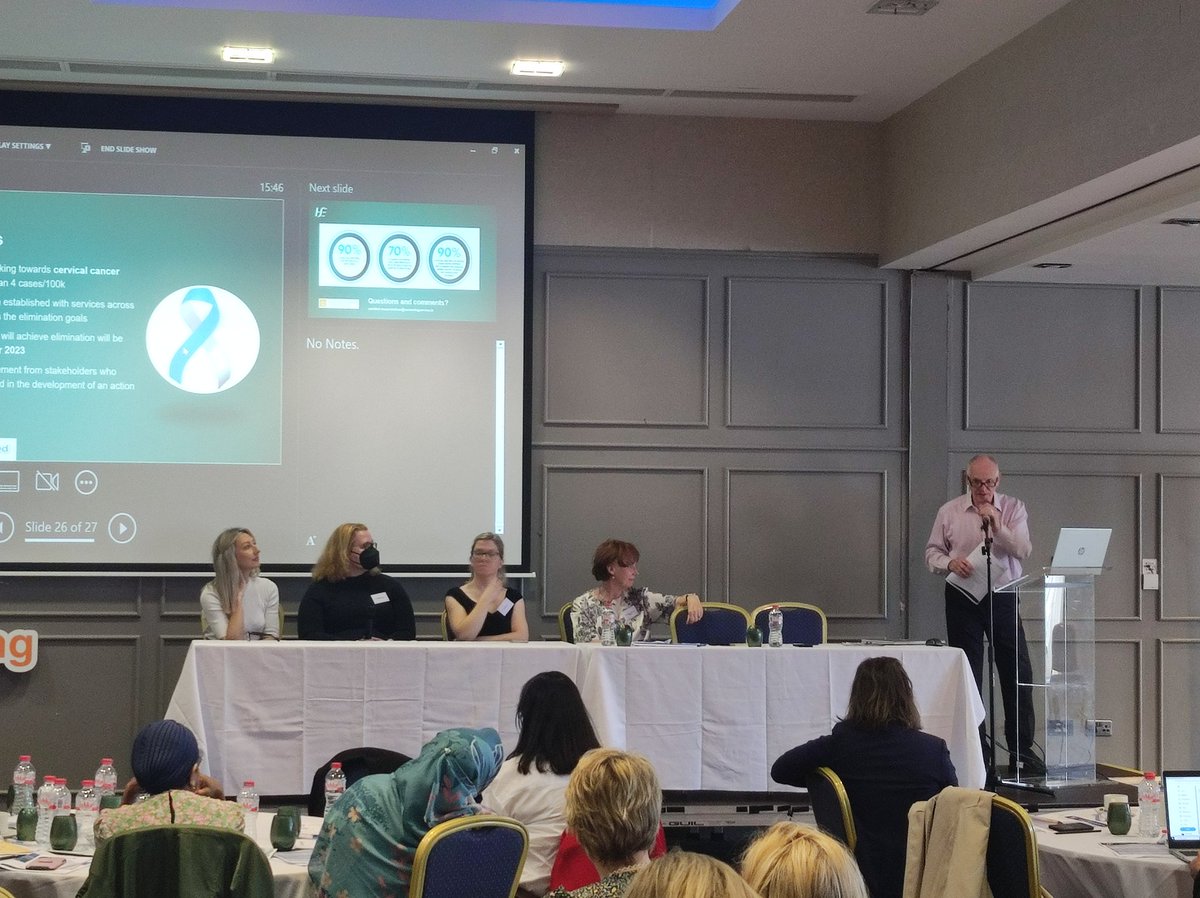


I am a big fan of sketchnote visuals. They help make knowledge and ideas more accessible and easy to remember. Our brains process visuals 60x faster than the written word. You can find all the sketchnotes from NHS Horizons on the same page. They have been viewed & downloaded
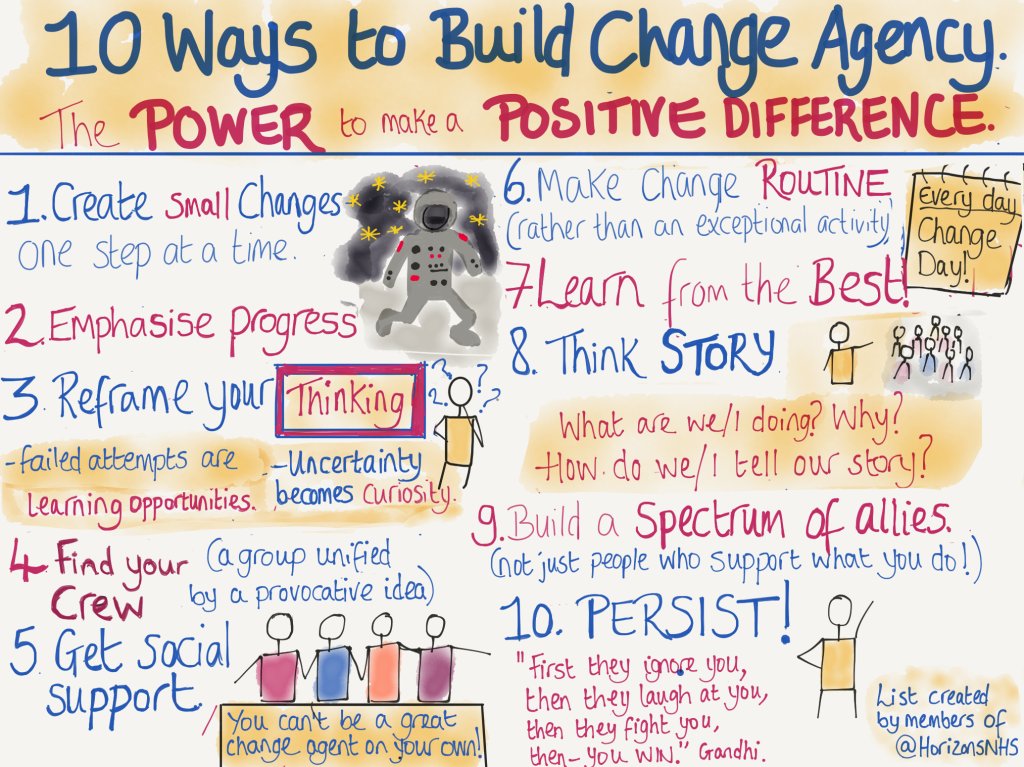

Really pleased to have implemented electronic consent at West Suffolk NHS FT 🏳️🌈 with Concentric Health. Part of helping patients with better & comprehensive information to allow #SharedDecisionMaking & #InformedConsent. All combined with a slick process for patients & clinicians



An excellent summary/sketchnote of key principles from the new book by Amy Edmondson: “The Right Kind of Wrong – The Science of Failing Well”. Amy differentiates three kinds of failures in organisations: 1) Basic failures: caused by carelessness or ignorance 2) Complex failures:
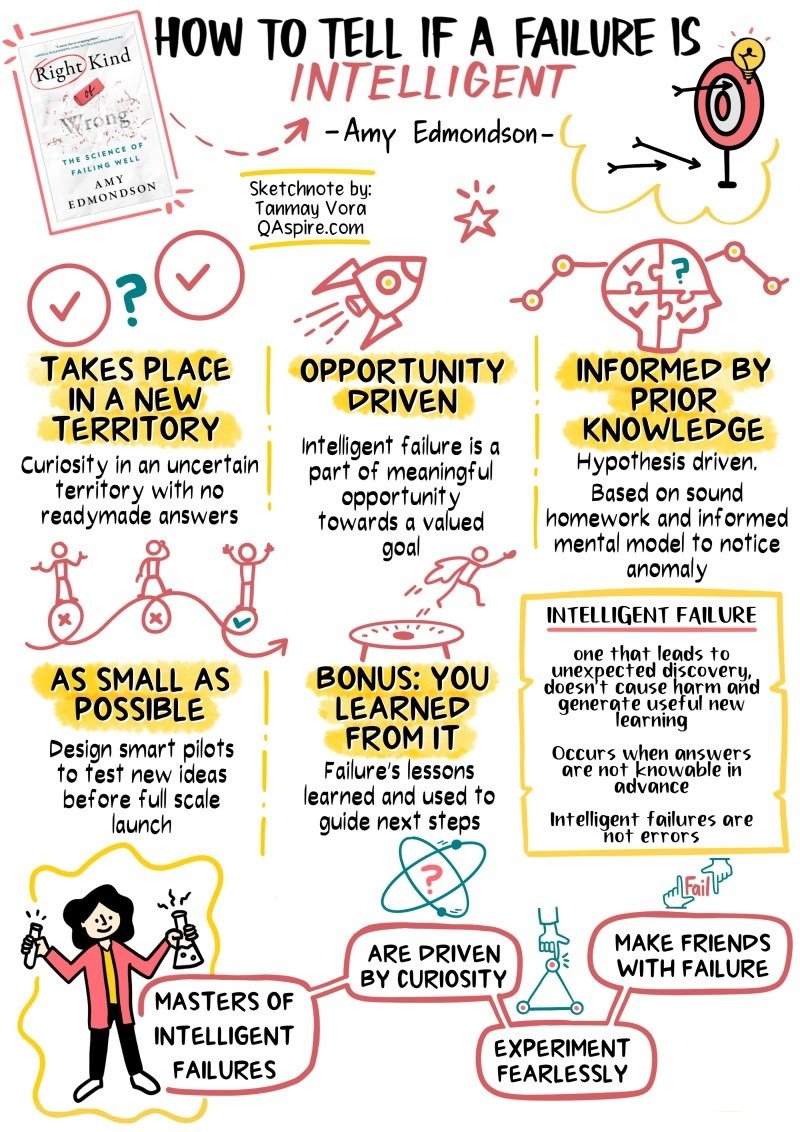



Very thought provoking presentation on the benefits of connecting patient registries by Clare Harney "collect once and use many times" using automated reporting #smarthealth23







